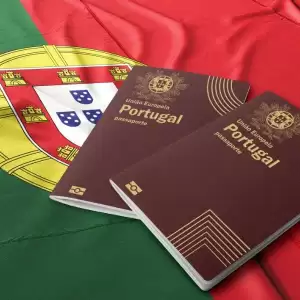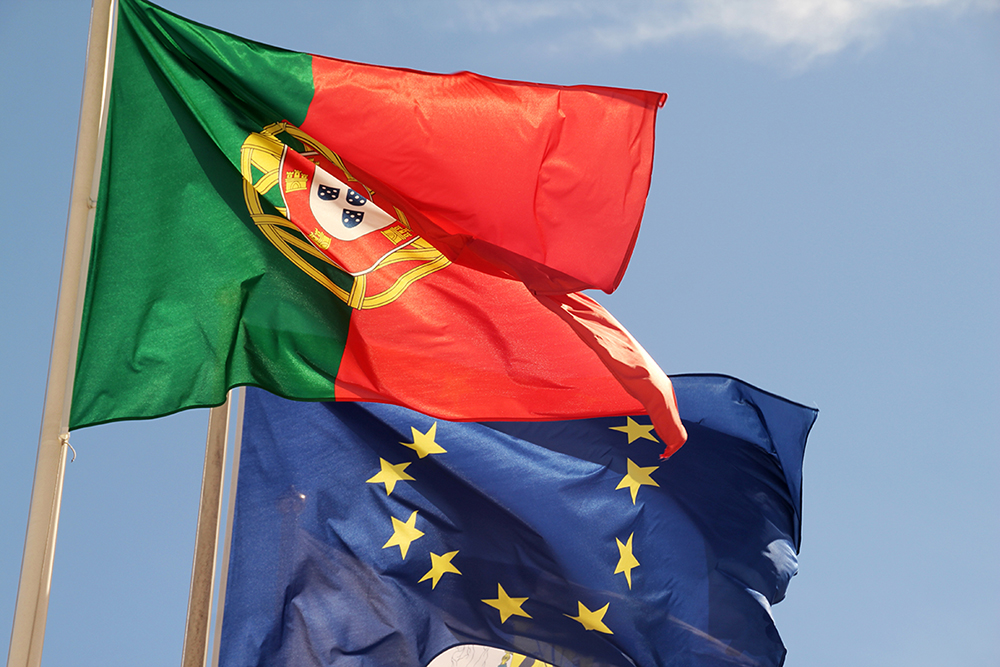Portugal is the westernmost country in Europe with a North Atlantic Ocean coast and a border with Spain. It has four distinct seasons, rich history and culture, enthusiastic and hospitable citizenry, unique traditional cuisine and comfortable living environment. Portugal also has high quality education and a good level of medical services.
Moreover, it is known that all Portuguese nationals enjoy the rights and are subject to the duties enshrined in the Constitution of the Portuguese Republic (article 12, paragraph 1), and are European Union (“EU”) citizens with free access to the 27 countries of the EU as well as the remaining countries of the European Economic Area (“EEA”). Furthermore, it should be emphasized that Portugal allows dual nationality under the terms of the article 8 of the Nationality Law of Portugal (Law no. 37/81, 3 of October) (hereinafter referred to as “Nationality Law”). In other words, according to the article 8 of the Nationality Law, those who are nationals of another State will only lose their Portuguese nationality if they declare that do not want to be Portuguese nationals.
According to the Nationality Law, a person becomes a Portuguese national either by grant (nationality of origin given to the children of nationals born in Portugal or abroad, or to those born in Portugal with foreign parents, under certain circumstances stated in article 1 of the Nationality Law), or by acquisition, which can be obtained by declaration (cases of the under age or incapacitated children of parents who acquire nationality, and spouses or common law partners of Portuguese nationals; as per articles 2 and 3 of the Nationality Law).
The grant of nationality of origin can be extended to grandchildren of Portuguese nationals (born in Portugal or abroad), who have effective connection with the Portuguese community (namely sufficient knowledge of Portuguese language).
Nationality can be also acquired by adopted children of Portuguese nationals (article 5 of the Nationality Law) and by naturalization (article 6 of the Nationality Law).
As stipulated in the Nationality Law, knowledge of Portuguese language is an express requirement for cases of naturalization (with some exceptions).
Regarding the acquisition by declaration, it can be opposed by the Government Attorney invoking the following reasons:
- the applicant does not have effective connection with the Portuguese community (this connection is usually measured by knowledge of the language);
- the applicant has been sentenced due to criminal offense punished by a prison term of 3 years (or more) under Portuguese law;
- the applicant is employed by a foreign state as civil servant (technical jobs not included) or in the military;
- there is danger or threat to national security or defense, because the applicant is involved in terrorism or organized crime.
However, it should be noted that item a), relating to knowledge of language does not apply in the acquisition by marriage when the couples has been married for over 3 years with children who are Portuguese nationals or over 6 years without children.
For more information and details about the granting of nationality of origin, and the acquisition by declaration (focused on the cases of marriage), please refer to the newsletter “Portuguese Nationality Benefits” in our website, or refer to the following link:
Portuguese Nationality Benefits
Regarding the acquisition by naturalization, it is important to elaborate further on certain aspects of the respective legal framework.
According to the Article 6 of the Nationality Law, a foreigner can acquire Portuguese nationality by naturalization if he or she meets the following requirements:
- be of age (over 18 years old) or emancipated under Portuguese law;
- Reside legally in Portugal for at least five years;
- Sufficient knowledge of the Portuguese language (at least level A2 of the Common European Framework of Reference for Languages);
- no conviction for a criminal offence punishable with 3 years imprisonment or more under the Portuguese law; and
- do not constitute a danger or threat to national security or defense, namely through involvement in activities related to terrorism, violent crimes, or organized crime.
Amongst others, the Nationality Law has also specific requirements forthe acquisition by naturalization of:
- (i) underage children of foreign nationals;
- (ii) parents and grandparents of Portuguese nationals of origin;
- persons who rendered relevant services to Portugal; and
- (iv) descendants of Portuguese Sephardic Jews.
It is worth noting that the number of requests for granting or acquisition of Portuguese nationality has significantly increased in the past 4 to 5 years, and the processing times at the Central Registry in Lisbon are now quite large.
Although the birth registration of underage children born abroad to Portuguese parent(s) can be processed in a couple of months, for those over 18 years old, the decision can take up to 3 years. The same happens in the cases of acquisition of nationality by a person married to a Portuguese citizen, which takes around 30 to 36 months to be processed.
Being so, it is important to submit these requests quickly because the timings tend to increase due to the excessive volume of applications being handled.
 Our law firm has extensive experience in handling cases of acquisition of Portuguese nationality, and we can help with the preparation of documents and the processing of the matter in Portugal.
Our law firm has extensive experience in handling cases of acquisition of Portuguese nationality, and we can help with the preparation of documents and the processing of the matter in Portugal.
Please contact us by e-mail (info@mantonio.net) as well as phone (+853 2859 1592) for further information and advice. We will be happy to assist.



